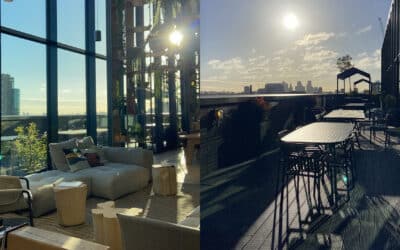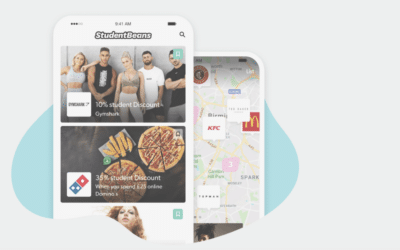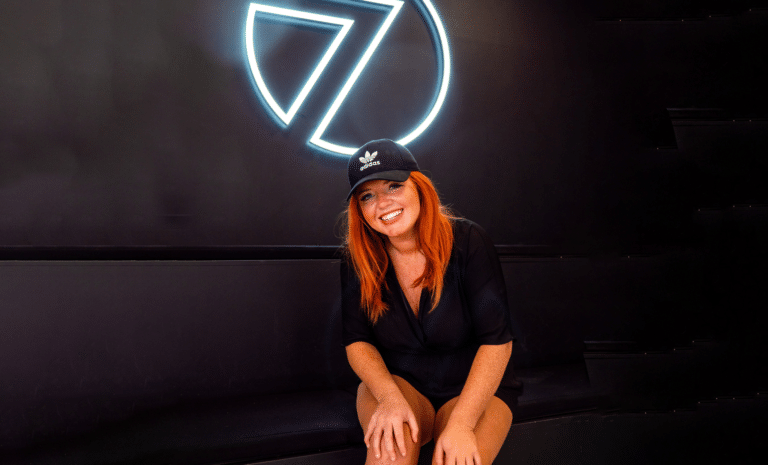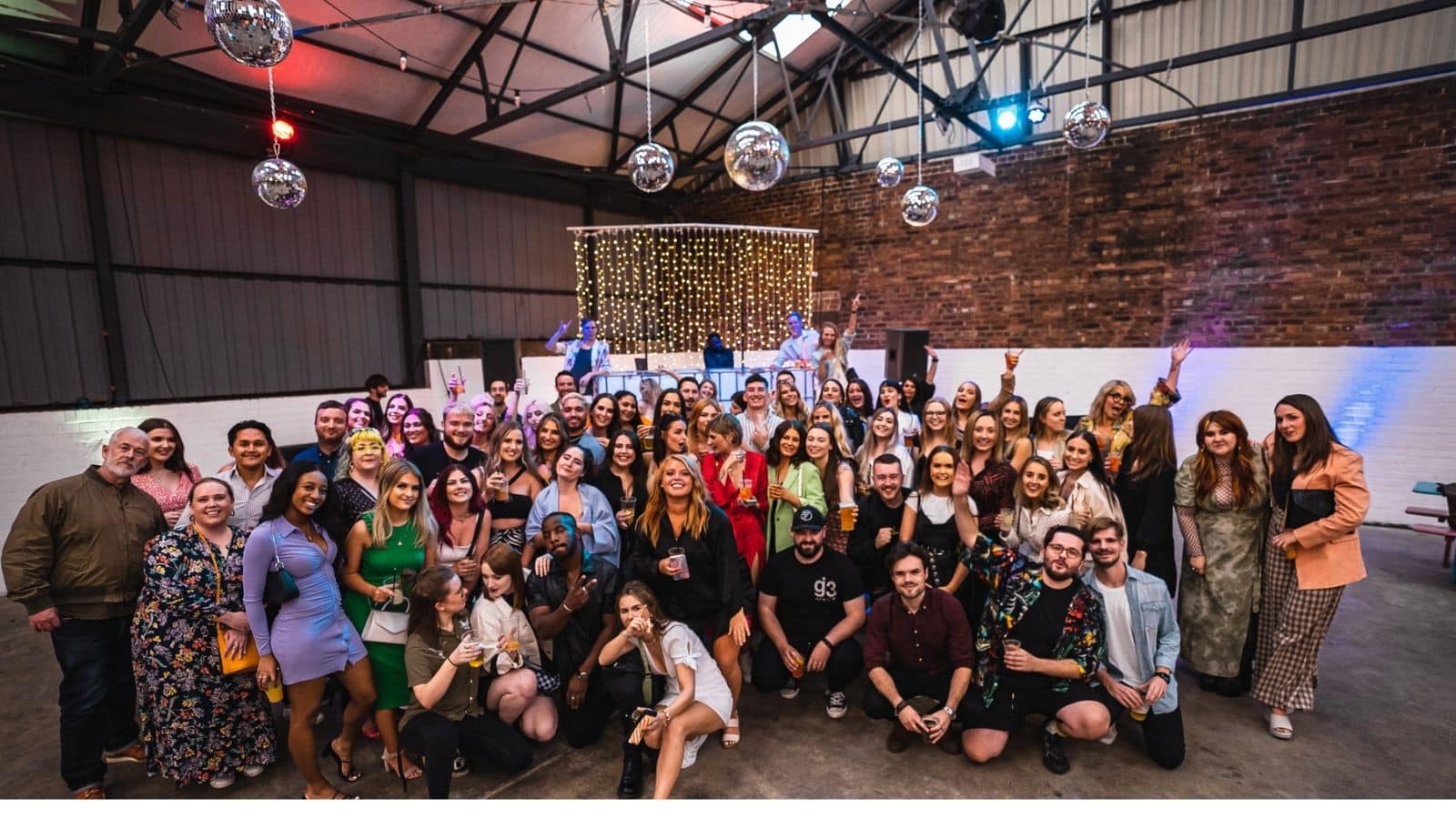As a business, we have always been flexible. And we still are today. But making the decision to remain having an office was an easy decision for me. I felt I was not making the decision to protect the business but for the people, their futures, their mental health and more. Even if they don’t know that yet!
During our remote period, productivity and results were up. Massively too! But that came at a cost. Each night, I would see a handful of staff working till 7-8pm. This isn’t expected, or encouraged by us – but in fact encouraged by their new working life. The commute created boundaries for people and they no longer had boundaries. We brought in a number of initiatives, reminders to encourage switching off – it helped for a short while, but then lockdown number 2, 3 and even 4 came and not only did staff not have an office to go to, they had nowhere to go.
There are studies which show the importance of connections, small talk and office environments for confidence-building. There’s scientific evidence that clocks on a wall in an office encourage you to finish on time and take lunch. This was not happening. People worked during their lunch breaks and not something I wanted to create for our agency. I feel unlucky to not have had the chance to build my business outside of the pandemic, in fact I feel envious of those that got the chance to do so. I feel the pandemic put so much pressure on people, drove negativity, overworking, which combined with a fast growing start up – wasn’t easy.
The WFH vs back-to-the-office debate is *still* way too dominated by middle-aged people who have good wifi access and a comfortable solo workspace at home and that simply is not representative of most young people who are the bulk of the working future. So many people (no matter their age) want the office, for their futures, their training and connections. I see our careers just like our education – going to university is an experience where we work hard and play hard. And I truly believe the working space should be too. I believe people miss out if they don’t see their work friends, as their friends too. We spend 70% of our awake lives working, so why not enjoy that too.
Training and learning became difficult during the pandemic, although we seemed to nail it in the end after spending long nights writing process documents and training programs. But the ability to lean over someone’s shoulder and show them the tricks of our industry, the ability to suck in positive energy and confidence from people around you was near impossible remote.
As for the hybrid approach, I believe this is the best way to allow for flexibility and something we offer. Hybrid, however, does not mean “just do what you want”. Businesses need to know if their staff are coming into the office or working from home, people need to have structure, routine, and even rules at times.
We never once checked what my staff were doing whilst at home, we don’t even track their time or micro-manage them in that way, this isn’t about control and lack of trust. This is about mental health, progression, positive behaviours and confidence. The creative and marketing industry wasn’t born to be built in our bedrooms.
Carrie Rose is chief executive of Rise at Seven.













